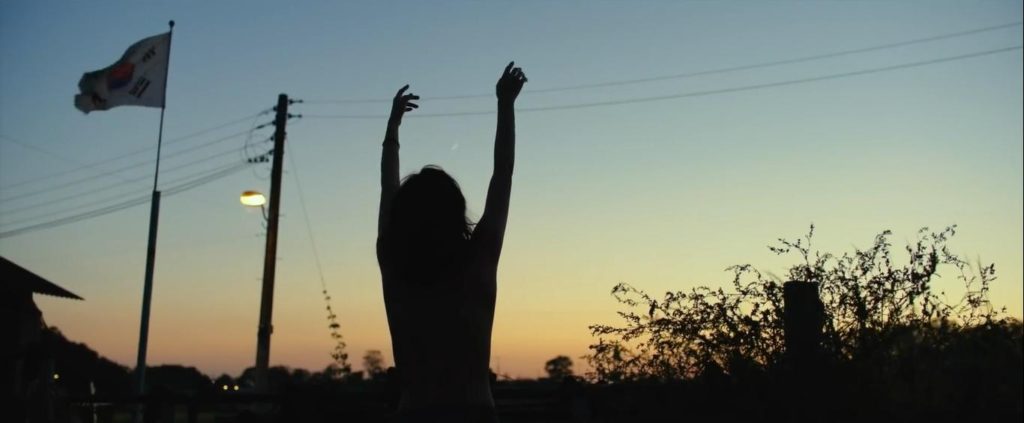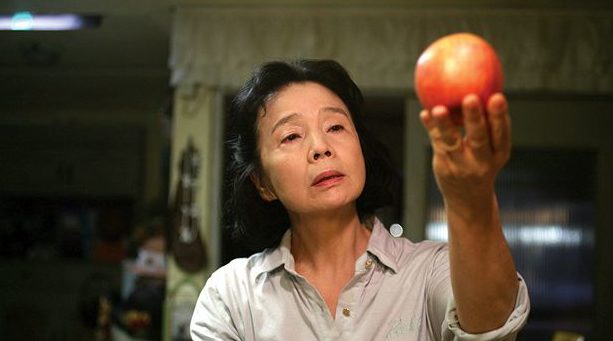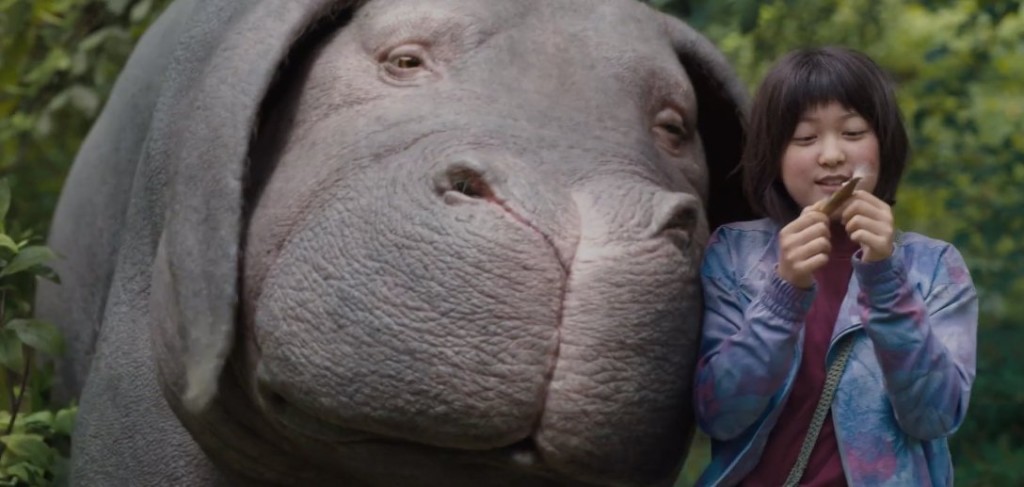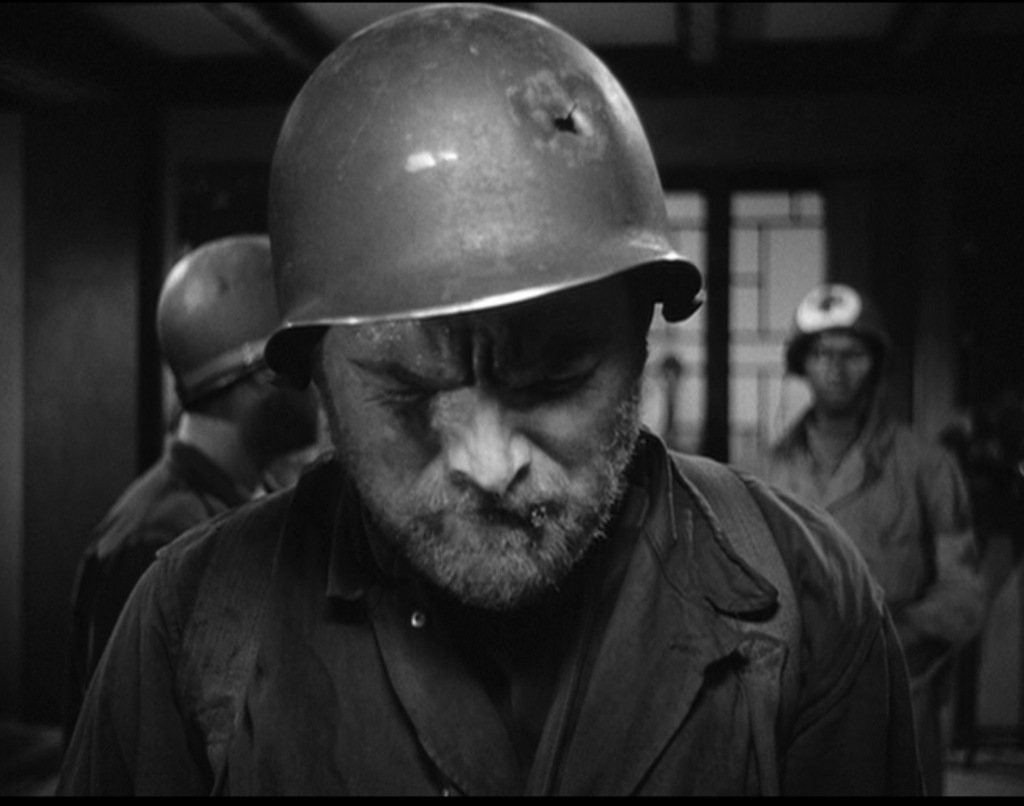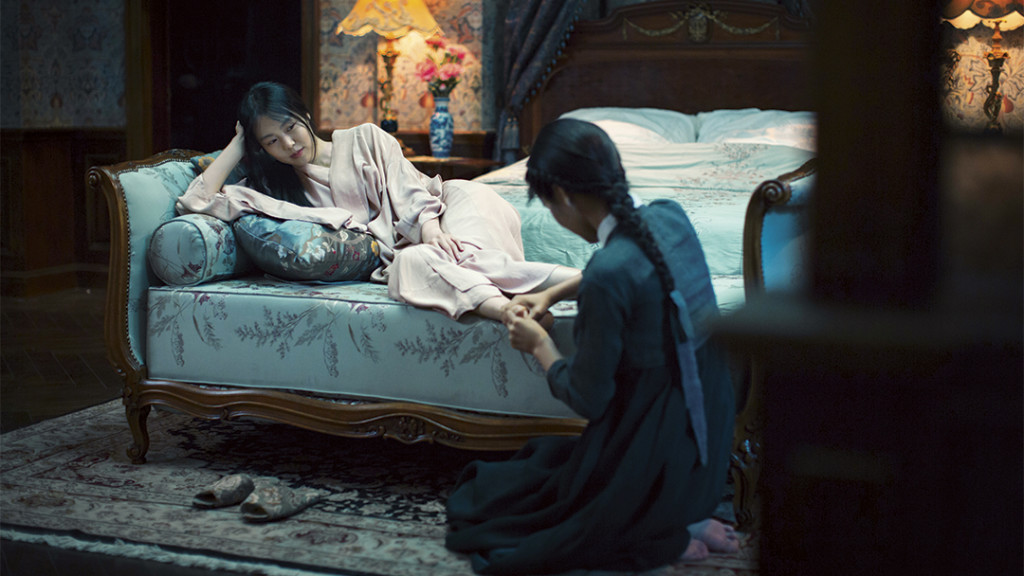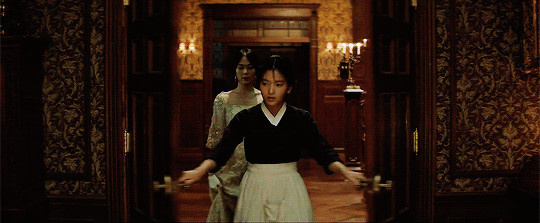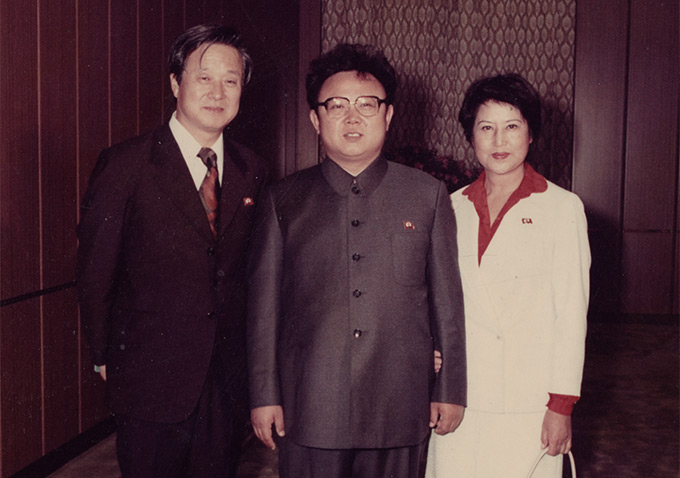
The masterpiece Parasite explores social inequity, with master filmmaker Bong Joo Ho taking us through a series of genres. Parasite opens as a hilarious comedy, then evolves halfway through into a suspense thriller and ends with a shocker and a moment of contemplative heartbreak. This is one of the decade’s best films.
The Kim family lives in a grubby basement apartment, so much on the margins of society that they cadge the neighbors’s wi-fi and even the municipal fumigation. They can’t live on the dad’s sporadic employment in low-end jobs, so the family is always on the hustle. It helps that the Kims, especially the college-age kids, are gifted scoundrels.
The Park family lives in an icon of modern architecture. The dad is a CEO with his own driver, and the mom and two kids are pampered by their live-in housekeeper. They have never had to hustle themselves, and they don’t recognize a hustle when they see it.
The Kim son falls into a job tutoring one of the Park kids. After a series of riotously funny cons, the Kim family positions itself to take advantage of the Parks. The Kims are soon living off the fatted calf, but they must contend with one uncomfortable fact – their newfound fortune is extremely fragile because it all comes at the whims of the rich.

The biggest disconnect between the rich and the rest of us is the understanding of capitalism as a meritocracy – or not. Despite capitalist mythology, working hard and taking risks is often not rewarded with wealth. Conversely, just being wealthy is not an indicator of talent or accomplishment, however entitled the rich feel they are.
Mr. and Mrs. Kim are wily, but uneducated. The Kim kids are trapped by the Korean economy economy; they have no realistic pathway to social mobility, no matter how industrious they are. The kids’ college-educated peers are all under- or unemployed.
Mr. Park is successful in business, but he is a drive-by family man and thinks he can identify the working class by their smell. His wife is a neurotic adornment, his daughter is spoiled and his son is a mess.
Why does Bong shock us with some horror? The stakes of social inequity – impacting generations – are very high and as high as life and death. Bong is reminding us of those stakes after reeling us in with all the fun.
Along with comedy, thriller and horror, Bong even gives a couple minutes of the disaster genre. The Kim’s poor neighborhood is afflicted by a pestilence of biblical scale that would be unthinkable for any affluent community. Let’s just say that the poor live in crap.

Parasite is superbly acted. The poor family’s dad is played masterfully by Song Kang-Ho. It’s his kids who are directing the scam, but it’s the dad whose slow burn resentment finally explodes.
Bong Joo Ho (Memories of Murder, Mother, Snowpiercer and Okja) makes movies so original that it’s been said that he is his own genre. His Memories of Murder, also starring Song Kang-Ho, is, for my money, the very best serial killer movie. Snowpiercer and Okja, like Parasite, also take on the issues of class and corporate greed.
Martin Scorsese recently said that people watch cinema, as opposed to “worldwide audiovisual entertainment”, to be surprised. Indeed, to view the work of Bong Joo Ho is to be surprised every single time.
Bong Joo Ho himself says, “My goal is to have the audience captivated for two hours by subverting their expectations.” Captivation, check. Subversion of expectations, check.
This is a masterwork. Parasite won the Palme d’Or, the top prize at the Cannes Film Festival, and currently has a meteoric Metacritic score of 95. Parasite will win the Best Foreign Language Oscar and is arguably the best movie of 2019.


